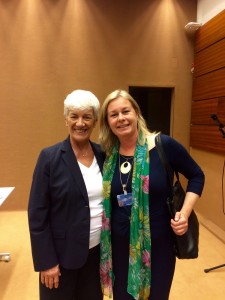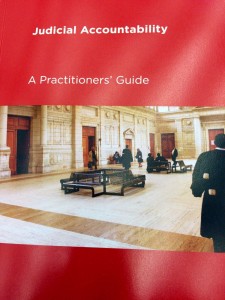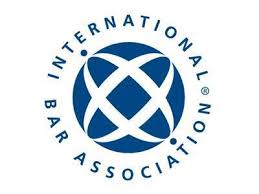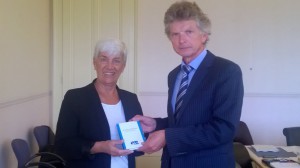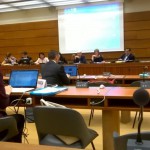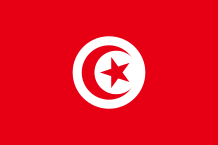 Judges for Judges joined a statement on June 16th delivered by the ICJ at the UN Human Rights Council, on judicial accountability, and attacks on lawyers. ICJ made the statement on behalf of a group of eight NGOs, including professional organisations of judges and lawyers.
Judges for Judges joined a statement on June 16th delivered by the ICJ at the UN Human Rights Council, on judicial accountability, and attacks on lawyers. ICJ made the statement on behalf of a group of eight NGOs, including professional organisations of judges and lawyers.
The statement, read out by Swaziland lawyer Thulani Maseko during the Interactive Dialogue with the UN Special Rapporteur on the Independence of Judges and Lawyers, read as follows:
Madame Special Rapporteur on the Independence of Judges and Lawyers,
Our organizations strongly support your mandate. An independent judiciary and legal profession are essential to the rule of law and to the effective protection of human rights.
Independence and impartiality of the judiciary require integrity of individual judges and judicial institutions. Accordingly, there must be accountability for judicial corruption and judicial involvement in human rights violations.
Accountability mechanisms must themselves be independent, fair and transparent, in order to ensure they do not undermine the independence of the judiciary and that victims and the broader population see them as credible and accessible.
We note in this regard the International Commission of Jurists’ newly published Practitioners’ Guide on Judicial Accountability, and the International Bar Association’s recent report on Judicial systems and Corruption.
We also must highlight the growing problem of repression of lawyers who act in cases perceived to have human rights or political aspects, including through: harassment, suspension or disbarment; arrest, detention, unfair trial, and arbitrary imprisonment; torture or other cruel, inhuman or degrading treatment, enforced disappearance, or even unlawful killings.
This is inconsistent with the UN Basic Principles on the Role of Lawyers and incompatible with the rule of law. It violates the rights of individual lawyers and undermines the independence of the legal profession. It denies the rights of the people the lawyers are trying to protect.
Among current examples, the scale and depth of repressive measures against lawyers and HRDs in China is particularly stark, but similar concerns arise in, for instance, Egypt, Turkey, Thailand, Azerbaijan, Malaysia, Tajikistan, and Vietnam. (I myself was arbitrarily imprisoned in my own country Swaziland, for publicly expressing my opinions about judicial misconduct.)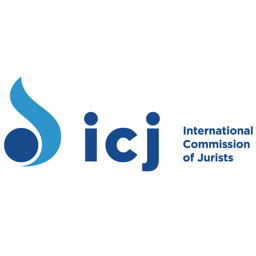
We accordingly will urge lawyers, legal professional associations and others around the world to respond to the questionnaire you have prepared for your upcoming General Assembly report on the legal profession.
I thank you.
Continue reading UN statement: judicial accountability, attacks on lawyers →
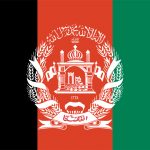 Judges for Judges took notice with great concern of the recent developments in Afghanistan. Judges for Judges publicly supports the recent calls for international support by the International Association of Women Judges (IAWJ), by the UN Special Rapporteur on the Independence of Judges and Lawyers and by the International Association of Judges (IAJ). Continue reading Judges for Judges on the recent developments in Afghanistan
Judges for Judges took notice with great concern of the recent developments in Afghanistan. Judges for Judges publicly supports the recent calls for international support by the International Association of Women Judges (IAWJ), by the UN Special Rapporteur on the Independence of Judges and Lawyers and by the International Association of Judges (IAJ). Continue reading Judges for Judges on the recent developments in Afghanistan 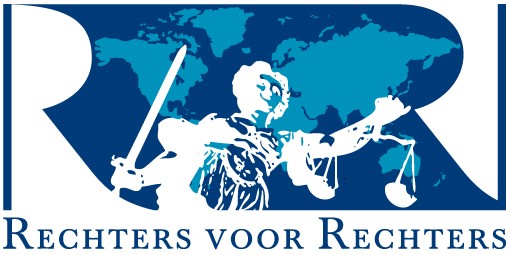
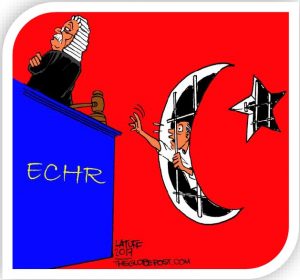 On 5 and 6 December the conference Judicial independence under threat? – organized by the Council of Europe and the
On 5 and 6 December the conference Judicial independence under threat? – organized by the Council of Europe and the 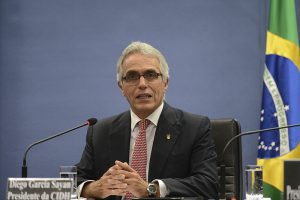 The UN’s Special Rapporteur on the independence of judges and lawyers
The UN’s Special Rapporteur on the independence of judges and lawyers 